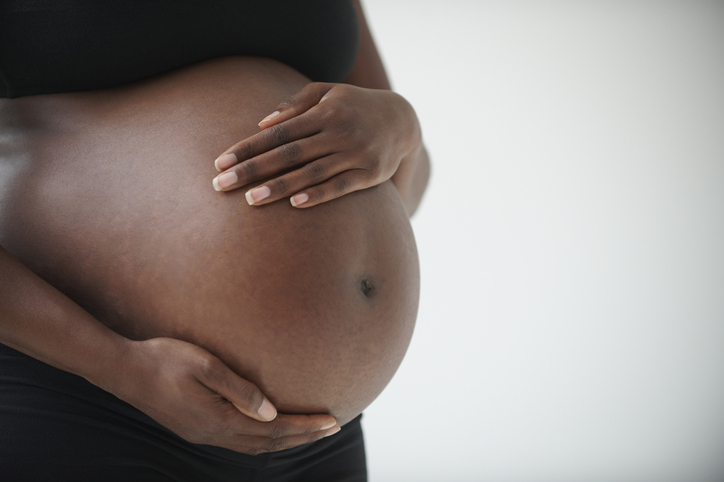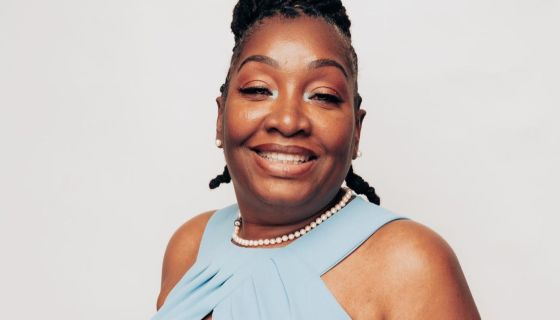
Source: LWA/Dann Tardif / Getty
South African media personality and HIV advocate Nozibele Qamngana-Mayaba opened up on Instagram on June 5 about her experience being pregnant with HIV.
Through her YouTube channel, podcast, book and various other educational ventures, Qamngana-Mayaba has shared her HIV story countless times over the last decade and helped others do the same.
At the start of her latest chapter, the expectant mother reminded her followers that she was only 22 in 2013 when she was diagnosed with HIV. Qamngana-Mayaba shared that only nine months after the life-altering news, she terminated a pregnancy.
Years later, the advocate is pregnant again and in a “discordant relationship” with her husband, Sikhumbuzo Mayaba. In their case, he is HIV negative and her years of ARV treatments — aka antiretroviral drugs — keeps her in the “U=U stage.”
“This means undetectable equals untransmittable,” Qamngana-Mayaba explained. “ARVs help to minimize the amount of the virus inside the body to levels where you cannot infect another person.”
The advocate explained that her husband used PREP, or pre-exposure prophylaxis, when they tried to conceive. “This is used by people that [are] HIV negative and want to remain so,” Qamngana-Mayaba noted.
The expectant mother had to switch her ARV medication three months into her pregnancy.
Now, she only takes her pregnancy vitamins and “TLD — a generic HIV combination.”
According to the United States Agency for International Development, Tenofovir disoproxil fumarate, Lamivudine, and Dolutegravir or TLD “is considered the gold standard in HIV treatment.
The governmental agency claims that the medication “has fewer side effects than other treatments and is proven to rapidly suppress viral load in adult and adolescent patients with HIV.”
Qamngana-Mayaba’s future and that of her growing family shines brightly.
The mother-to-be shared that her child, a baby boy, will be on an antiretroviral regimen “to prevent the perinatal transmission of HIV from mom to child” for the first six weeks of his life.
Doctors will check the child’s HIV status “between birth to 14 days, at 1 to 2 months, and 3 to 6 months of age.”
Qamngana-Mayaba can do a vaginal birth or Caesarean section to deliver her bundle of joy. The new mother can also breastfeed after birthing, if she so chooses.
The World Health Organization reported that in 2021, there were globally an estimated “1.3 million pregnant women with HIV.”
At that time, an approximate average of 81% “received antiretroviral drugs to prevent mother-to-child transmission.”
Less than 1% of new HIV cases in the United States in 2019 were due to perinatal transmission, according to the Center for Disease Control and Prevention. That said, Black mothers and children are disproportionally affected by new perinatal HIV diagnoses.
More information from the Office of AIDS Research at the National Institute of Health noted that most HIV treatments are safe during pregnancy and do not increase the risk of congenital defects.
RELATED CONTENT: “7 Black Women Activists We Honor This National Black HIV/AIDS Awareness Day”











